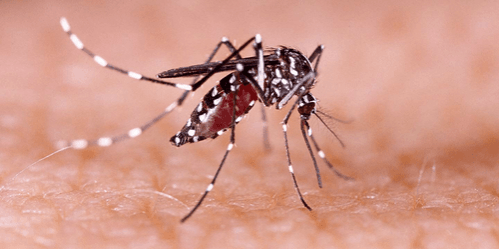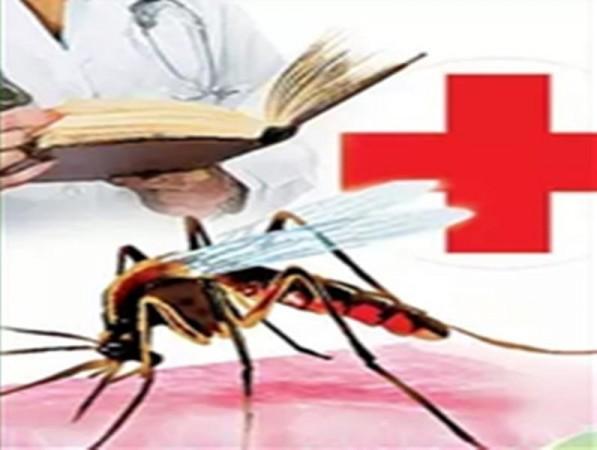
As the monsoon season engulfs India, medical experts are sounding the alarm about the often-overlooked neurological implications of dengue, a mosquito-borne viral illness. While the disease is primarily known for causing mild flu-like symptoms, it can have profound effects on the brain and nervous system, according to leading neurologists.
Dr. Praveen Gupta, Principal Director & Chief of Neurology at Fortis Hospital Gurugram, and Dr. Srikantha Swamy, Lead Senior Consultant, Neurology, Aster RV Hospital Bengaluru, have both emphasized the seriousness of these neurological implications. Dengue has profound neurological implications that are often overlooked, Dr. Gupta told IANS. He further explained that the virus can cross the blood-brain barrier, leading to inflammation and infection of the brain and spinal cord.
This can result in less common but severe conditions such as encephalitis, meningitis, and myelitis. Patients with severe dengue may experience headaches, altered mental status, seizures, and even coma. The virus's neurotropic nature means it can directly infect neural cells, causing damage and inflammation.

Dengue: A Global Concern
Dengue is a vector-borne disease transmitted by the bite of an infected Aedes mosquito. It is endemic to more than 100 countries and affects about 400 million people globally every year. The disease escalates significantly during the monsoon season due to increased mosquito breeding. Stagnant water and higher humidity create ideal conditions for the Aedes mosquito to thrive, leading to a spike in dengue cases.
In India, dengue cases have spiralled in various parts of the country, including Karnataka, Kerala, Telangana, Andhra Pradesh, Odisha, Delhi, and Maharashtra. According to the latest data from the Municipal Corporation of Delhi (MCD), there have been 246 dengue cases in the national capital till June 30 this year. This is a significant increase compared to the same period in previous years, with 122 cases in 2023, 143 cases in 2022, 36 cases in 2021, and 20 cases in 2020.
Dr. Swamy further elaborated on the neurological effects of dengue, stating, When it affects the nervous system, the presentation will be like a brain fever. Patients could have altered consciousness levels and difficulty in talking, stroke, seizures or fits and could have bleeding in the brain also due to low platelet counts.
The Need for Early Recognition and Intervention
He added that when platelets are low and a patient is diagnosed as dengue positive, it affects the nervous system, and the progress is usually bad. The experts noted that the increased neurological complications of dengue during monsoon emphasise the need for early recognition and intervention. Healthcare systems must be vigilant in monitoring for signs of neurological involvement in dengue patients, particularly during peak transmission periods.
Preventative measures, such as mosquito control and public awareness campaigns, are crucial to mitigating the impact of dengue on neurological health during the monsoon season. This is especially important considering the historical context of mosquito-borne diseases and their potential to cause widespread epidemics, as seen with the Zika virus outbreak in 2015-2016.
The World Health Organization (WHO) has warned about the surge in mosquito-borne diseases due to climate change. Diana Rojas Alvarez, WHO technical lead for Zika and chikungunya and co-lead of the global arbovirus initiative, noted that cases of chikungunya in the Americas have increased from 50,000 in 2022 to 135,000 this year. She added that 89 countries and territories have reported cases of Zika virus transmission.
In conclusion, the rise in dengue cases and their neurological implications during the monsoon season in India underscores the need for increased vigilance, early detection, and intervention. Public awareness and preventative measures are key to mitigating the impact of this disease. The situation calls for a concerted effort from all stakeholders to ensure the health and safety of the population.

















